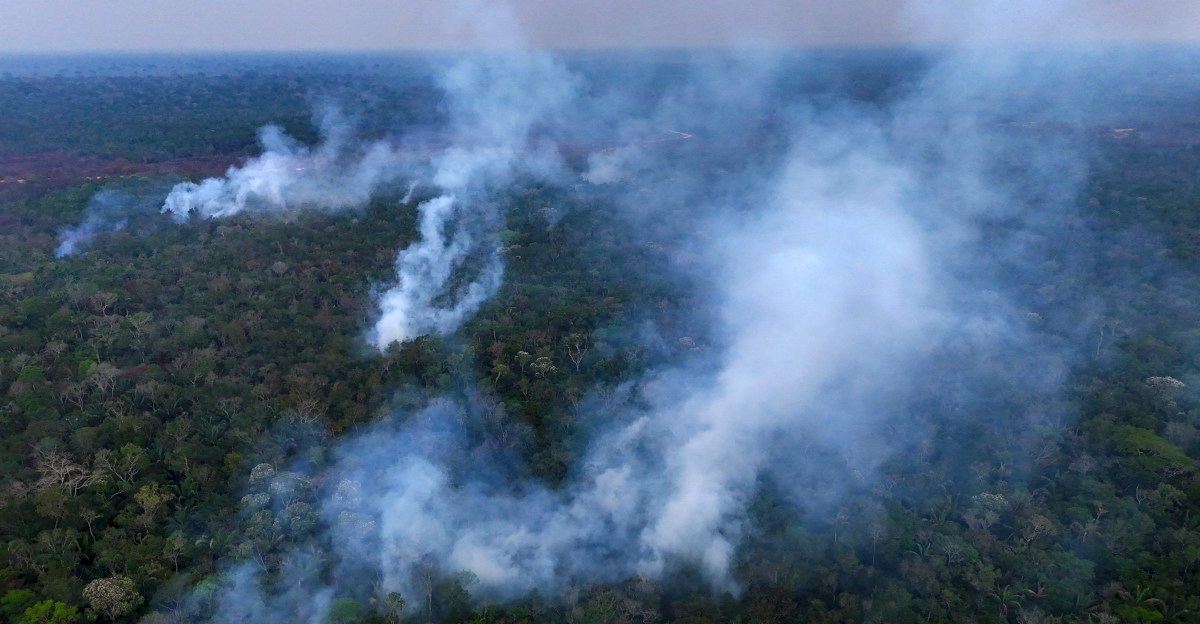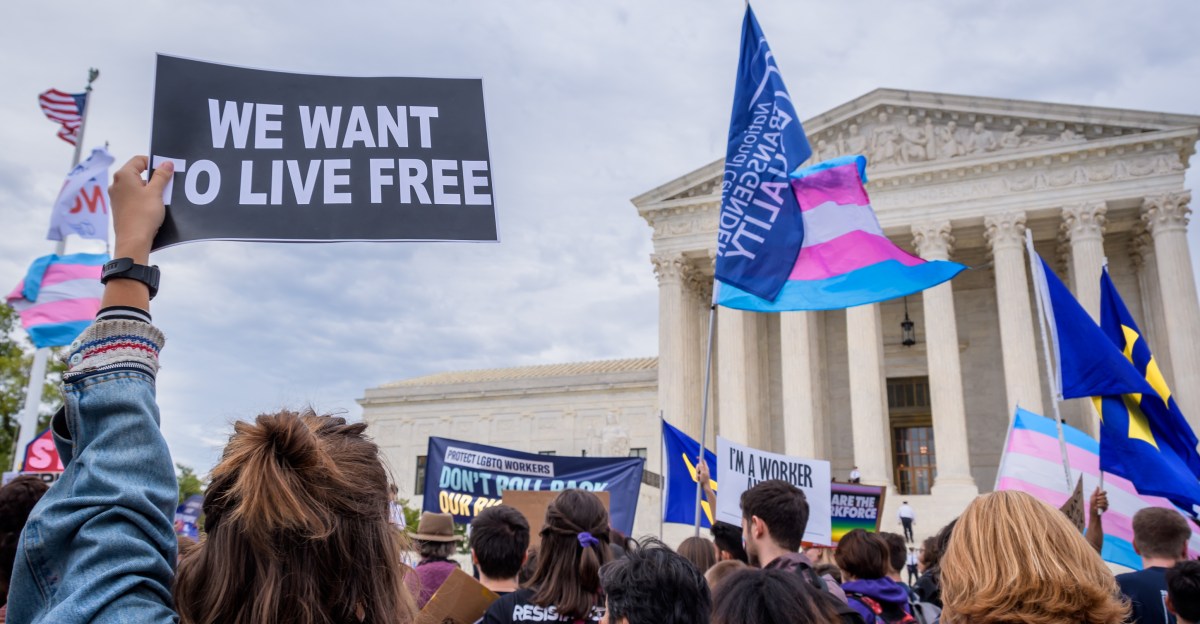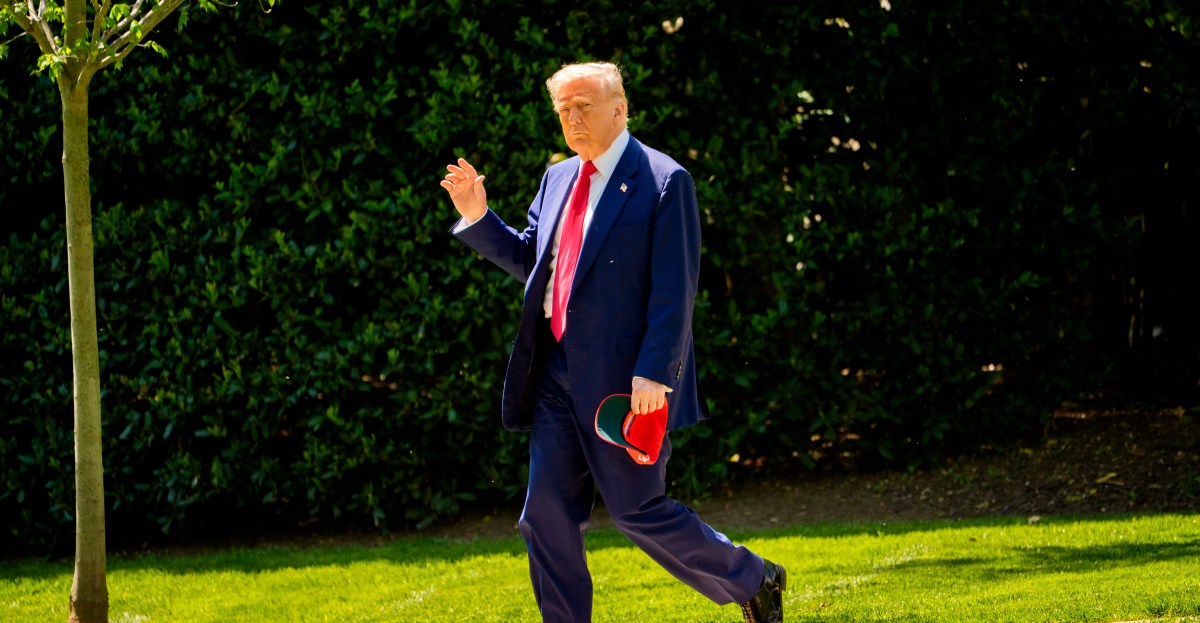Now Reading: This chart of the planet’s forests should frighten you
-
01
This chart of the planet’s forests should frighten you
This chart of the planet’s forests should frighten you

Over 140 countries worldwide pledged in 2021 to halt deforestation by the end of the decade. Recognizing the crucial services provided by forests, such as oxygen production and temperature regulation, countries like Brazil, Colombia, and the Democratic Republic of Congo vowed to protect these natural resources. Despite numerous similar commitments made in the past, the pledge has not yielded significant results. Deforestation rates have continued to rise, with tropical regions experiencing a record loss of over 6.7 million hectares in 2024, the largest extent in the last two decades.
The surge in deforestation has been linked to factors like forest fires and industrial agriculture in tropical areas, where deliberate forest clearing is prevalent. Most fires are ignited by people to make way for cattle ranching and commercial crops like soybeans, exacerbating the problem due to hot and dry conditions. This destructive trend is exacerbated by rising temperatures and wildfires, clear indicators of climate change.
Despite warnings from experts and organizations like Global Forest Watch, many countries are failing to address the escalating deforestation crisis. Forest loss impacts not only local communities but also global ecosystems and climate change mitigation efforts. The lack of progress is concerning, as forest nations are witnessing increased deforestation rates, undermining their commitments to protect forests. The situation is exacerbated by political decisions like the US under President Donald Trump.
While there are some positive developments, such as reduced deforestation rates in Indonesia and successful fire prevention in a newly established Indigenous territory in Bolivia, the overall outlook remains grim. The continuous destruction of tropical forests has far-reaching consequences, affecting biodiversity, climate regulation, and global sustainability. It is imperative that countries, businesses, and individuals take urgent action to address deforestation and its associated risks.



